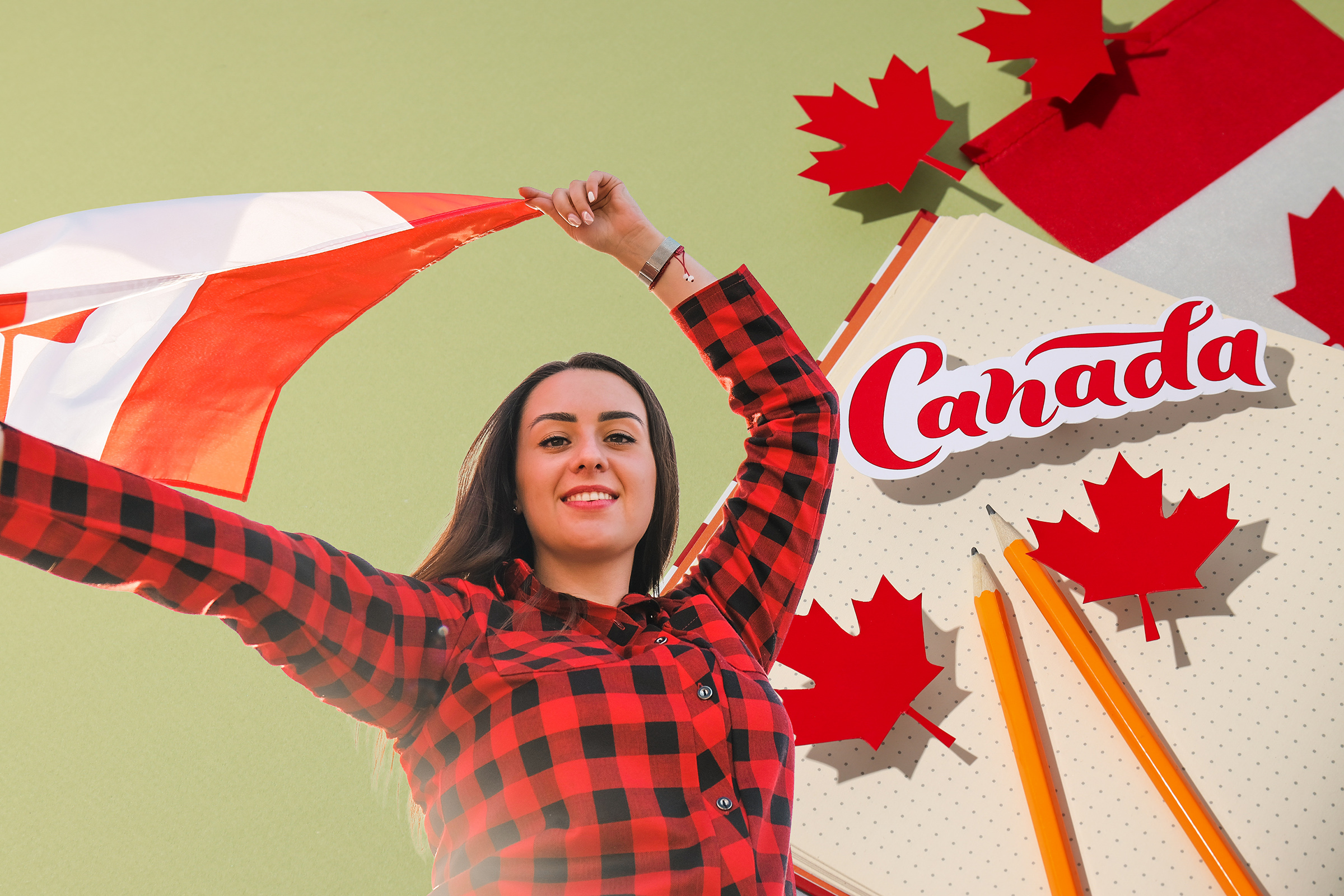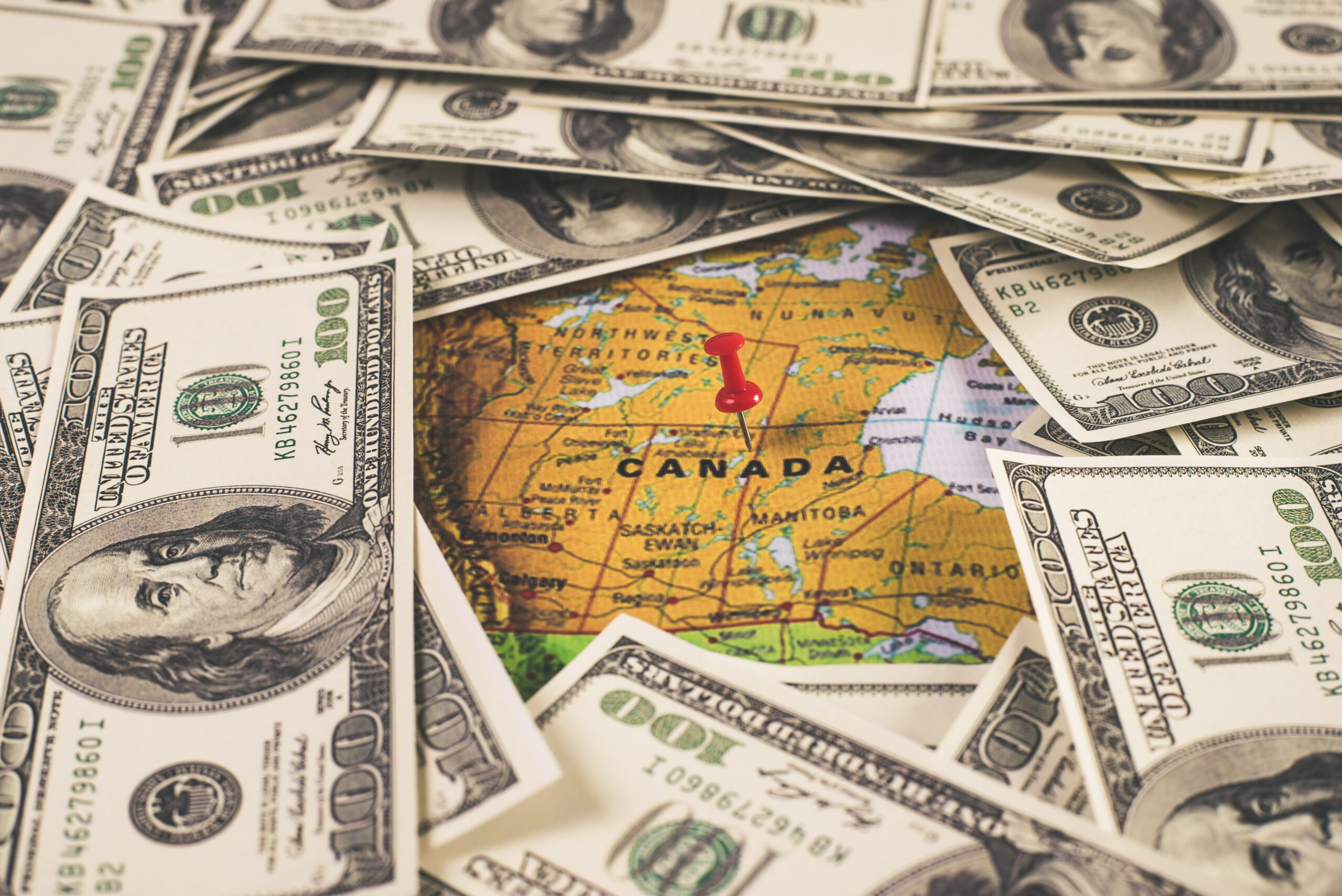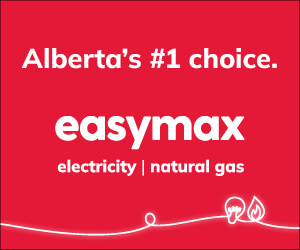In a stunning political comeback, Mark Carney and the Liberal Party of Canada have won a fourth consecutive mandate, defeating Conservative leader Pierre Poilievre in a federal snap election defined by economic concerns, populist rhetoric, and direct provocation from south of the border.
The election was called amidst rising tensions between Canada and the United States, with U.S. President Donald Trump imposing steep tariffs on Canadian goods and energy exports earlier this year. Trump sparked global headlines in February when he suggested Canada would be “better off as the 51st state.”
While these remarks caused alarm in diplomatic circles, they also upended our ongoing federal campaign. What began as a referendum on affordability and inflation quickly became a contest over which leader could best handle an unpredictable U.S. president. Ultimately, Canadians gave Carney and the Liberals a narrow—but decisive—mandate.
At our press time, the CBC projected that the Liberals would hold 168 seats, just shy of the 172 needed for a majority in the 343-seat House of Commons. The Conservatives were elected in 144 ridings, followed by the Bloc Québécois with 23, the NDP with 7, and the Greens with 1. (***these figures may change as recounts are made)
Compared to the 2021 election, where the Liberals secured 160 seats, this result marks a modest gain. The Conservatives also improved from 119 seats in 2021, reflecting a growing voter base—especially in Western Canada—but not enough to overtake the Liberals.
The NDP, led by Jagmeet Singh, suffered major losses, falling from 25 seats in 2021 to a projected 7. Singh announced his resignation shortly after conceding his riding of Burnaby Central in British Columbia. The Greens, once again, failed to expand their national presence.
Carney’s ascent comes just weeks after former Prime Minister Justin Trudeau stepped down on March 9 following mounting pressure within his party and widespread public disapproval. Trudeau, who served as Prime Minister since 2015, faced criticism over affordability issues, housing prices, and pandemic-era economic decisions.
A respected economist and former Governor of both the Bank of Canada and the Bank of England, Carney brought a technocratic tone to the campaign. He positioned himself as a stabilizing force capable of standing up to Trump and managing economic uncertainty.
“I am ready, and I have managed crises over the years,” Carney declared during the English-language leaders’ debate on April 18. “We can give ourselves far more than Donald Trump can ever take away.”
His messaging resonated, particularly with centrist and undecided voters wary of Trump’s threats and skeptical of Poilievre’s confrontational style.
Political analysts agree that no foreign figure loomed larger over this election than Donald Trump. After imposing a 25% tariff on Canadian goods and a 10% tariff on energy exports in February, Trump claimed Canada had failed to prevent irregular migration and cross-border drug trafficking.
But it was his inflammatory remark—suggesting Canada should become the next U.S. state—that shifted the national mood.
“The most important factor in Canadian politics right now doesn’t live in Canada — it’s Donald Trump,” said Daniel Béland, director of the McGill Institute for the Study of Canada.
Carney’s campaign capitalized on this. While Poilievre attempted to downplay Trump’s remarks, Carney took them head-on, promising counter-tariffs and stronger domestic industry protections. Polling analyst Philippe Fournier of 338Canada noted that the Liberals were trailing by 25 points in early January. By mid-April, they had pulled even, and later surged ahead.
“This is the first time in recent Canadian polling history that we’ve seen a government come back from such a large deficit,” Fournier said. “Trump’s direct interference was a catalyst.”
In another shocking development, Pierre Poilievre, leader of the Conservative Party since 2022, is projected to lose his seat in Carleton, Ontario. Liberal challenger Bruce Fanjoy holds a narrow lead as of press time.
Despite improving the Conservative seat count and overall vote share—expected to surpass any result since 1988—Poilievre’s Trump-adjacent tone may have cost him crucial suburban and centrist votes.
“Poilievre mirrored Trump’s tactics, and in this climate, it made many voters uncomfortable,” said political analyst Bob Richardson. “They wanted competence, calm, and experience—and Carney offered that.”
The NDP’s collapse played a pivotal role in the Liberal win. With only 7 seats projected and a national vote share of just 6.3%, the party fell below the 12% threshold required to maintain official party status in Parliament.
Jagmeet Singh, who led the NDP since 2017, announced his resignation Monday night. “We’re only defeated when we believe those who tell us we can never dream of a better Canada,” he said during his concession speech in Burnaby.
Political observers say many progressive voters abandoned the NDP to block a Conservative victory, consolidating the left under the Liberal banner.
Speaking to supporters in Ottawa, Carney struck a confident, assertive tone. “We have built one nation in harsh conditions despite a sometimes-hostile neighbour,” he said. “We are masters in our own home.”
Carney’s immediate priorities include introducing counter-tariffs, stabilizing food and housing prices, and launching a new national housing plan. He also promised major investments in energy and skilled trades to strengthen economic independence from the U.S.
“We will build millions of homes. We will become an energy superpower. We will provide good careers in skilled trades and one economy,” Carney said. “This is Canada, and we decide what happens here.”
Carney, already serving as interim prime minister since Trudeau’s resignation, will now form a new government. If the final tally confirms a majority, Carney will name his cabinet and introduce a budget before Parliament reconvenes on May 26.
The Liberals fell short of a majority, they will have to seek cooperation from smaller parties—likely the Bloc or remaining NDP members—to pass legislation and avoid a vote of no confidence.
“A minority government is always walking a tightrope,” said political science professor Tari Ajadi of McGill University. “But in today’s geopolitical climate, Canadians wanted a steady hand. That’s what Carney represents.”
The 2025 federal election will be remembered not just for who won, but for why they won. In a campaign dominated by foreign pressure, economic anxiety, and a crisis of confidence, Canadians chose to double down on stability, experience, and global credibility.
While Pierre Poilievre and the Conservatives gained ground, it was Mark Carney—a political newcomer with a technocrat’s résumé—who emerged as the leader Canadians trust to steer the country through uncertain waters.
As Chestermere residents head into summer, questions remain about what comes next. But for now, one thing is clear: Canada has spoken—and it wants a steady hand at the helm.
Canada Elects Mark Carney: Liberals Return with Mandate Amid Trump Tensions

Former Bank of Canada governor defeats Poilievre in snap election shaped by U.S. interference and economic pressures
In response to Canada's Online News Act and Meta (Facebook and Instagram) removing access to Canada's local news from their platforms, Anchor Media Inc encourages you to get your news directly from your trusted source by bookmarking this site and downloading the Rogue Radio App. Send your news tips, story ideas, pictures, and videos to info@anchormedia.ca.







